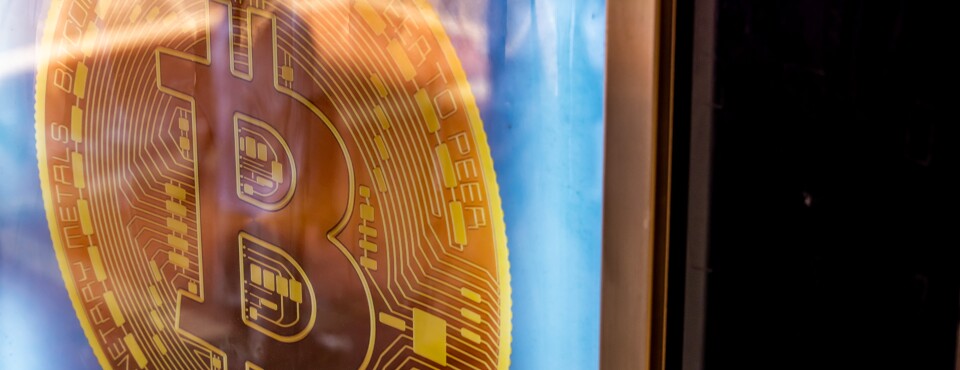The U.S. Bankruptcy Court recently broke new ground by recognizing for the first time a decentralized financial entity—a decentralized autonomous organization—as a debtor. A DAO is an entity governed by smart contracts and code rather than centralized leadership, where decision-making is done collectively by token holders based on predefined rules on a blockchain.
Earlier this year, Hector DAO, an entity that managed cryptoasset investments through smart contracts, faced severe financial difficulties, leading to its placement in joint receivership in the British Virgin Islands.
On July 15, U.S. Bankruptcy Judge Michael Kaplan granted recognition to the British Virgin Islands receiver, a historic moment as Hector DAO became the first DAO recognized as a debtor under U.S. bankruptcy law.
This decision set an important precedent by recognizing that DAOs, despite their decentralized and autonomous structures, could be treated as debtors in a cross-border insolvency context.
As more potential DeFi failures loom on the horizon, it is critical to protect consumers and develop legal frameworks to address such cases, especially those that do not fit neatly into the U.S. Bankruptcy Code, particularly Chapter 11. Hector DAO’s experience underscores the unique challenges posed by decentralized entities and the need for adaptable legal solutions.
The Hector DAO affair began when stakeholders, including token holders and developers, became concerned about its ability to meet its financial obligations. Without a central authority, Hector DAO struggled to manage its assets and liabilities, highlighting the unique complexities of DeFi.
The DAO’s large cryptocurrency reserves and decentralized nature have made traditional bankruptcy proceedings extremely difficult. A DAO generally cannot file for bankruptcy protection in the United States because it lacks the formal legal entity status, such as incorporation, that is required by the U.S. Bankruptcy Code to be recognized as a debtor eligible for bankruptcy protection. As a result, a different legal approach was required.
To address concerns related to Hector DAO, joint receivers were appointed to manage its assets and ancillary proceedings were commenced under Chapter 15 of the U.S. Bankruptcy Code in New Jersey. Chapter 15 allows U.S. courts to recognize and assist foreign insolvency proceedings, providing a mechanism to coordinate the protection and management of assets across different jurisdictions.
The court’s decision highlighted the adaptability of U.S. bankruptcy law, demonstrating its ability to adapt to the evolving landscape of decentralized entities. The implications of this case extend far beyond Hector DAO, signaling to the broader DeFi community that U.S. courts are willing and able to adapt existing legal frameworks to address the complexities of decentralized finance.
Hector’s recognition of Chapter 15 of the DAO underscores the evolving role of the judiciary in interpreting laws related to new technologies, particularly as regulatory agencies face increasing constraints after June 28. Loper Brilliant U.S. Supreme Court Decision. As a result, courts in our time have become more powerful venues for adapting legal frameworks to emerging technologies.
For decentralized entities like DAOs, which don’t fit neatly into traditional legal categories, such judicial flexibility is crucial. It also strengthens the role of bankruptcy courts, in particular, as lawmakers and regulators in the cryptocurrency space, a trend that some researchers have already noted.
By recognizing Hector DAO as a Chapter 15 debtor, the court established a legal precedent for the treatment of DAOs and underscored the importance of judicial adaptability to ensure that new technologies are not left without legal recourse.
This decision could serve as a model for other courts grappling with the complexities of decentralized finance, ensuring that the legal system remains responsive and relevant in an era of rapid technological change.
It is important, however, to understand the distinction between Chapter 11 and Chapter 15 of the U.S. Code. Chapter 11 is designed for corporate reorganizations involving significant creditors, which requires a structured approach and specific debtor qualifications. In contrast, Chapter 15 focuses on cross-border insolvency, allowing for the recognition and coordination of foreign proceedings within the U.S. legal system.
This flexibility is crucial for DAOs, which may not meet the strict requirements of Chapter 11. However, they could apply for recognition under Chapter 15 (the part of the Code relating to cross-border insolvency) if they are involved in a qualifying foreign proceeding and are recognised as a legal entity in that jurisdiction.
The Hector DAO Chapter 15 bankruptcy case represents a pivotal moment in the intersection of decentralized finance and traditional legal systems. The U.S. bankruptcy court’s recognition of Hector DAO as a debtor sets a precedent for how DAOs can handle financial distress within existing legal frameworks.
As decentralized entities continue to evolve, the implications of this case will likely shape the future of bankruptcy law and the broader DeFi ecosystem, ensuring that the legal system can adapt to the challenges of new and innovative technologies.
The case is Hector DAO, No. 3:24-bk-16067, 06/17/2024.
This article does not necessarily reflect the views of Bloomberg Industry Group, Inc., the publisher of Bloomberg Law and Bloomberg Tax, or its owners.
Author information
Nizan Geslevich Packin is a professor of law at Baruch College Zicklin School of Business, specializing in financial regulation, fintech law, ethics, and privacy.
Write to us: Guidelines for Authors




